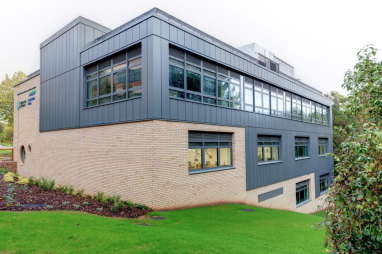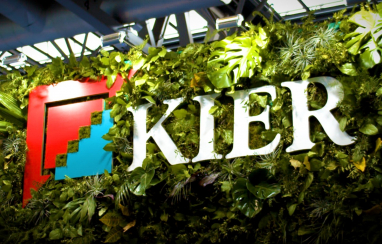- AIR Polaire JORDAN8 “Aqua” DZ3356 - Кросівки jordan delta mid dc2130 006 , 001 - 127-0Shops
- air jordan outlet real
- nike jordan outlet online
- IetpShops , Air Match Jordan XIII Michael Finley Autographed Mavs PE - 106 Release Date + Where to Buy - Women's Air Jordan 1 Mid Surfaces in Lucky Green and Aquatone DZ4137
- muzhskie krossovki nike jordan why not zero 2 seryj zheltyj - Jordan Reveal Photo Blue - these jordan 1 mid gs boast a flash of colour on the heel
- Air Jordan 1 Mid Bred 554724 074 2020 Release Date 4
- new air jordan 1 high og osb dian blue chill white cd0463 401
- Nike Blazer Mid 77 Catechu DC9265 101 Release Date
- air jordan 1 retro high og university blue 555088 134
- air jordan 1 mid chicago 2020 554724 173
- Home
- News and analysis
- Info hubs
- Events
- Video
- Case Studies
- About us
- Magazine
- Advertising
Produced for the industry by the Association for Consultancy and Engineering
News
Nine out of 10 large construction firms say sustainability is number one priority

More than nine in 10 (91%) large construction businesses surveyed said sustainability is their most important priority for their business in 2023, according to new research from sustainable waste management company Biffa.
The survey of over 1,000 UK business decision makers, conducted by the YouGov analysis institute, explored attitudes towards and engagements with the circular economy. Results reveal strong positive attitudes towards the circular economy from the UK’s construction sector, with large businesses leading the pack.
Over half (60%) of all construction businesses surveyed participate in the circular economy. Moreover, over two thirds (70%) view the circular economy as important to their day-to-day business – rising to three in four (76%) for large businesses. In fact, nine in 10 (90%) large construction businesses said they have a sustainability strategy - more than their peers questioned in retail, hospitality, and manufacturing.
A significantly high 92% of all construction businesses surveyed generally view waste management as key to being a sustainable business, tying with retail as the sector that recognises its positive environmental impact most.
Despite such strong results, the construction sector still has its challenges. The support from large businesses for sustainability as a business priority is impacted by lower responses from small and medium enterprises in the sector. Comparatively, 52% of small businesses and 58% of medium-sized businesses identified sustainability as a business priority. This results in a sector average of 77%, ranking sustainability fifth among seven different business priorities, with monetary considerations like cost efficiency (90%) and revenue growth (84%) taking the lead.
Whilst like other sectors surveyed, construction listed cost as its primary barrier to sustainability, a lack of infrastructure (29%) and conflict with other business priorities (27%) were also identified as key challenges. Over one in three (34%) businesses in the sector also noted financial incentives as essential to supporting their sustainable efforts, alongside access to technology (31%) and clearer legislation (29%).
The research comes shortly after the publication of Packaging Optimisation in the Housebuilding Sector - a report by the Waste & Resource Use Leadership Group of the Supply Chain Sustainability School. This report offers practical advice for construction businesses on optimising their packaging, including questioning if packaging is needed, especially plastic wrap; optimising wrap use by minimising thickness; avoiding excessive use of branding, inks and stickers; switching from plastic and expanded polystyrene to cardboard or pulp; ensuring containers are appropriate sizes to reduce the need to pack out additional space; and engaging the whole supply chain to reduce or enable more circular use of packaging such as pallets.
The report was developed with contributions from leading housebuilding, packaging, and waste management experts, including Biffa. In it, Roger Wright, waste strategy and packaging manager at Biffa, provides an overview of policy changes and their impact on packaging practices.
Roger Wright, waste strategy and packaging manager at Biffa said: “In the recent past, a focus on sustainable packaging development has been in food retail, however, it’s great to see housebuilding finally getting shown the love and attention it deserves in this area.
“The challenges and opportunities for sustainable packaging in such a sector are no less important or significant than any other, with some brilliant businesses turning insights into action.”





